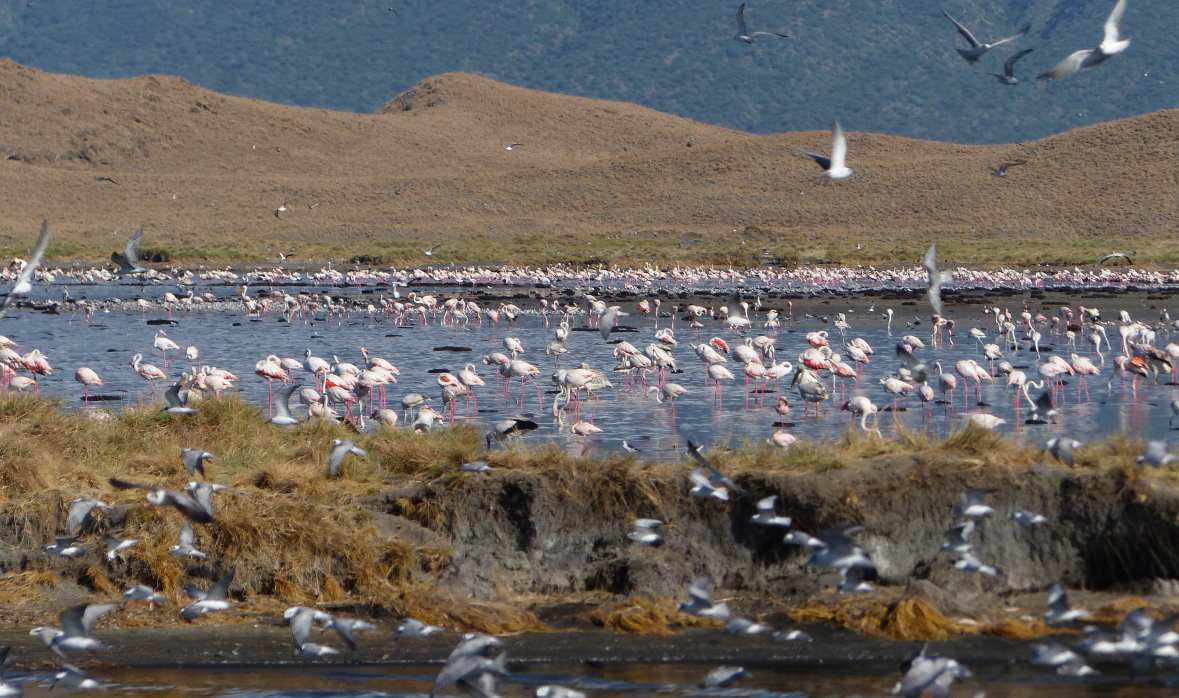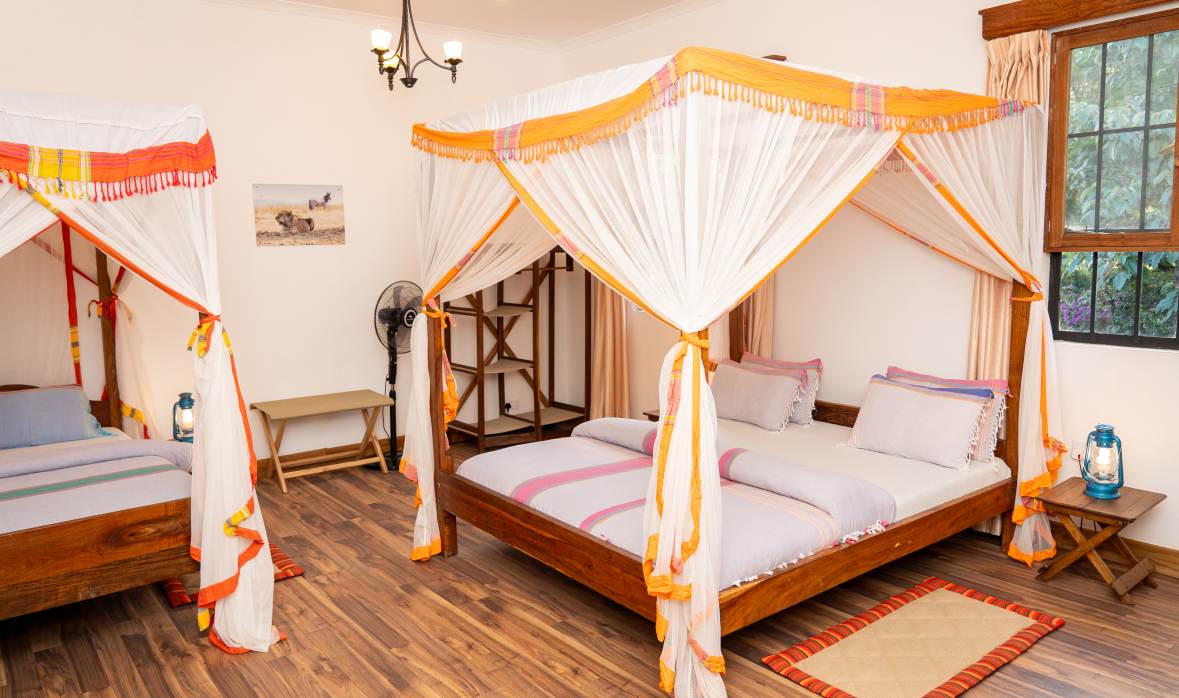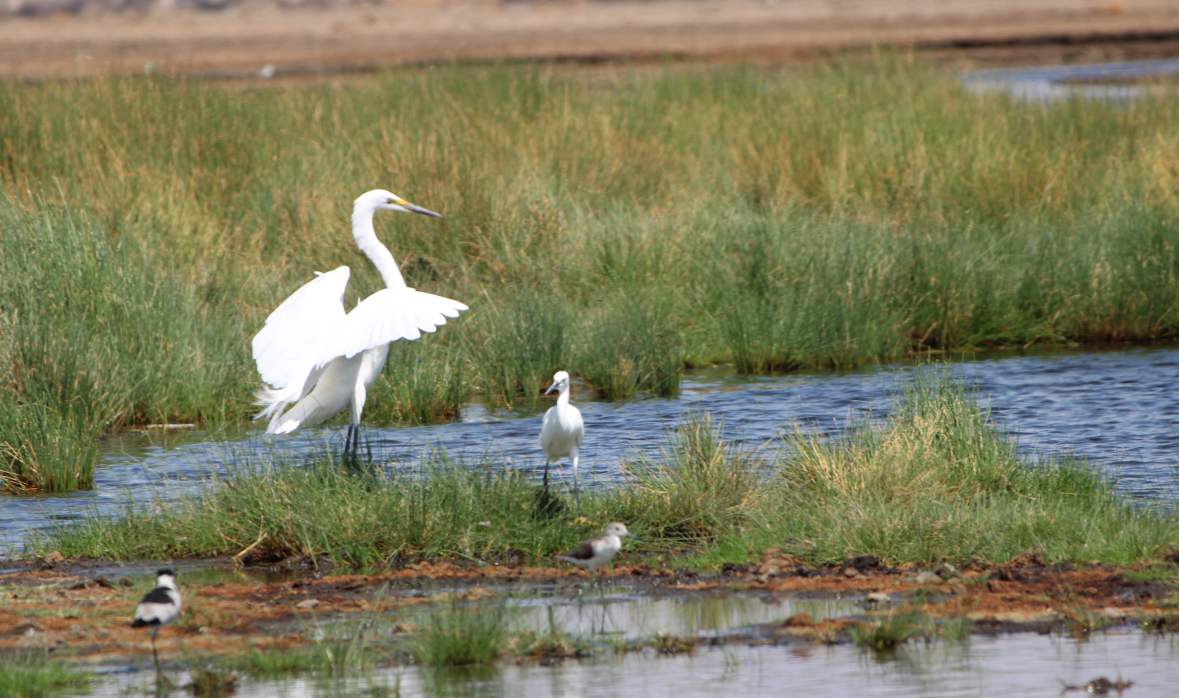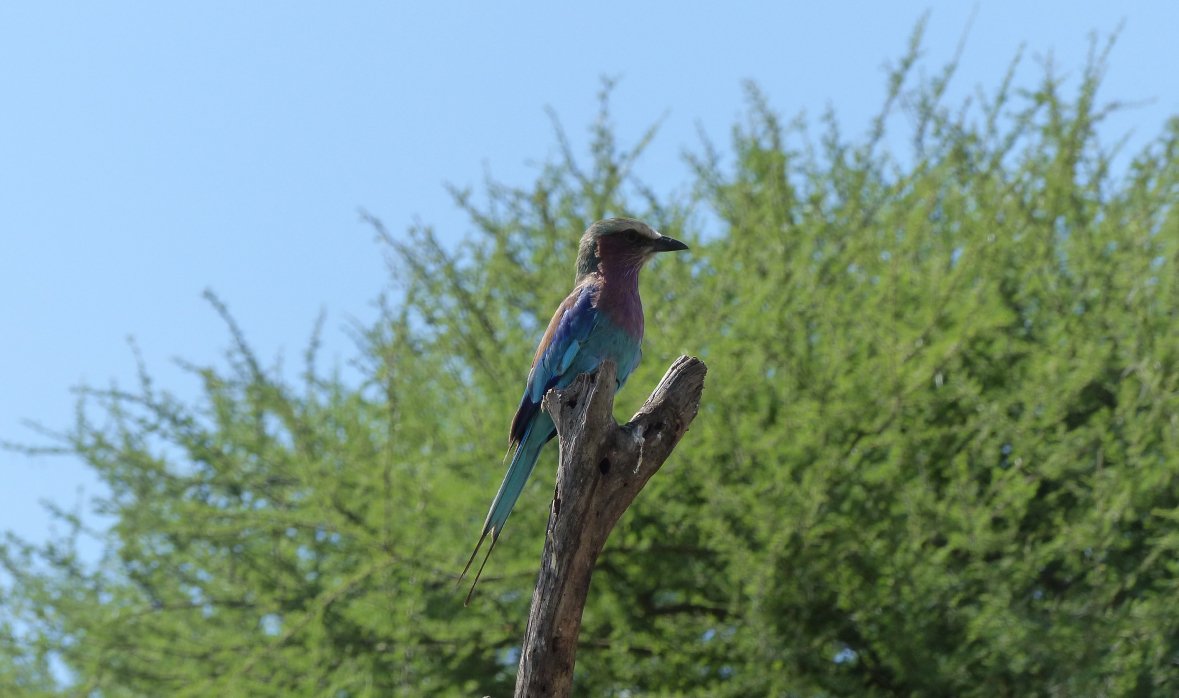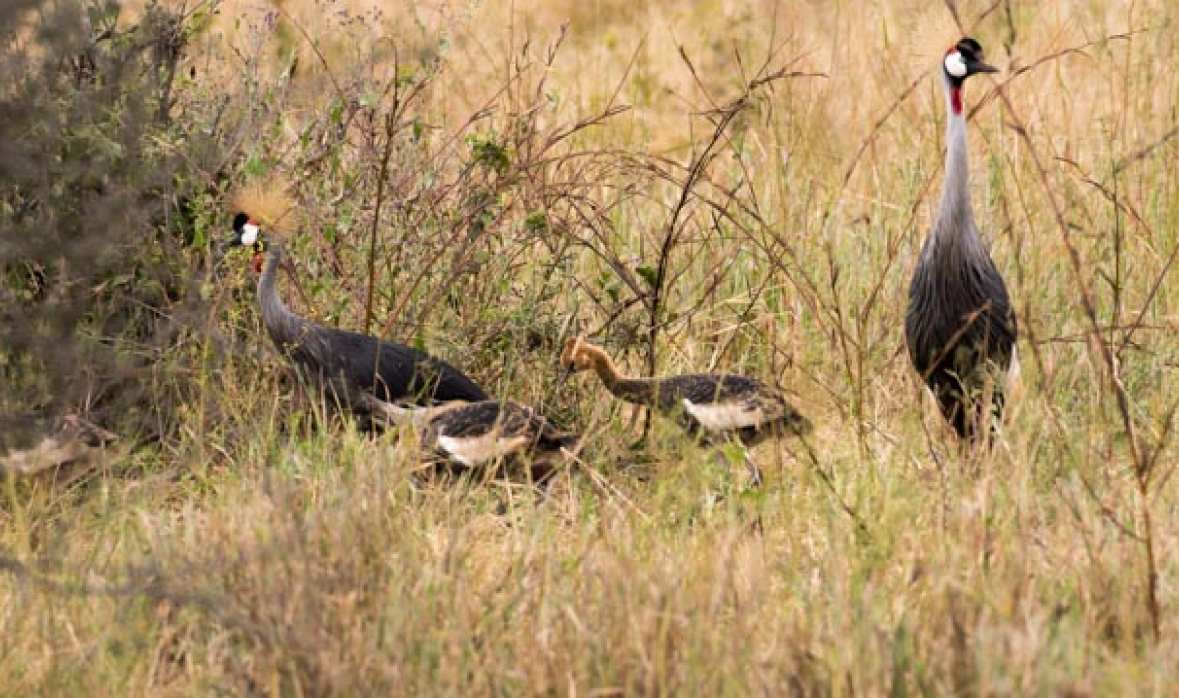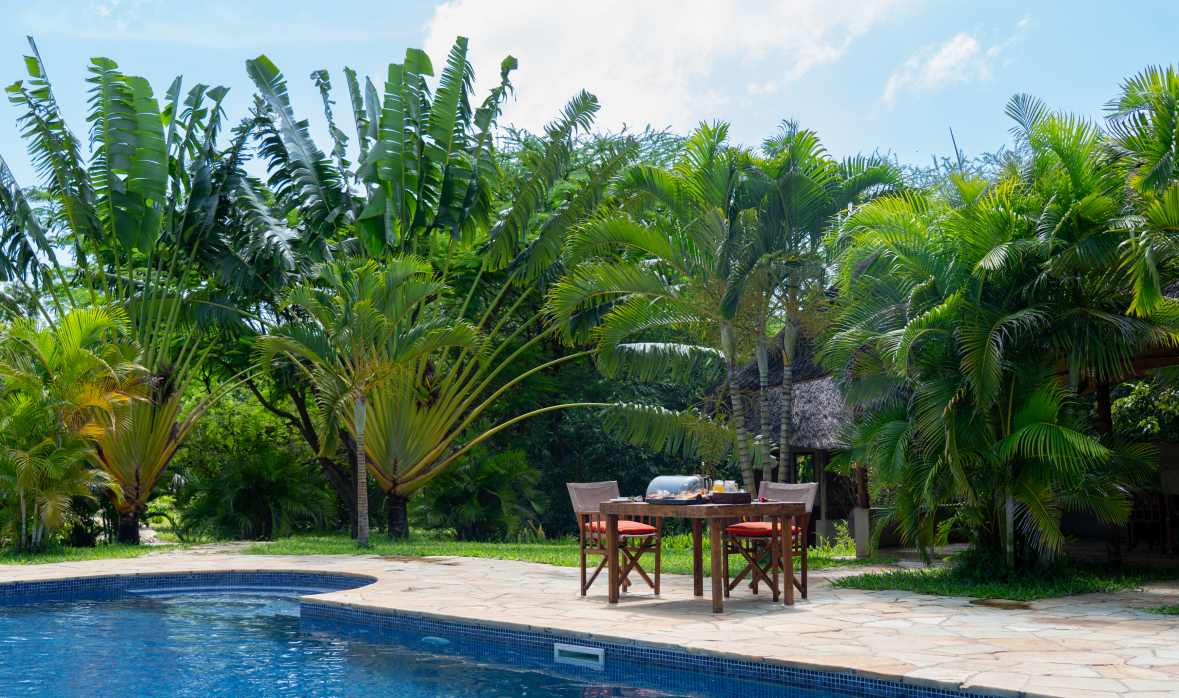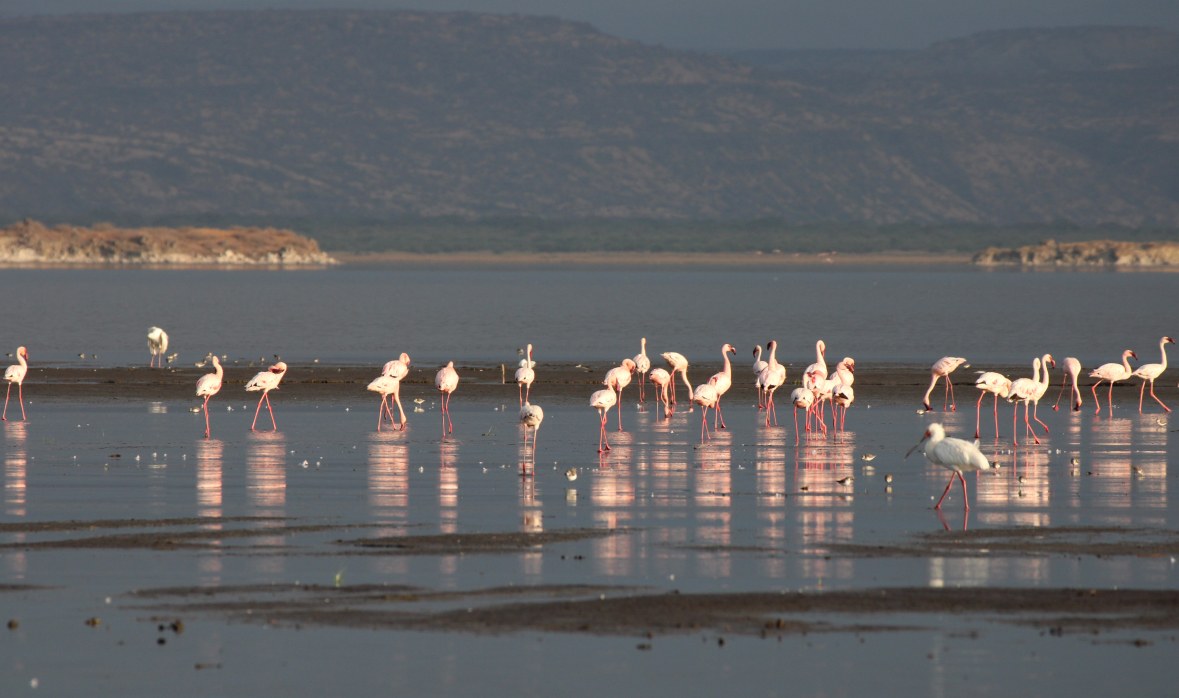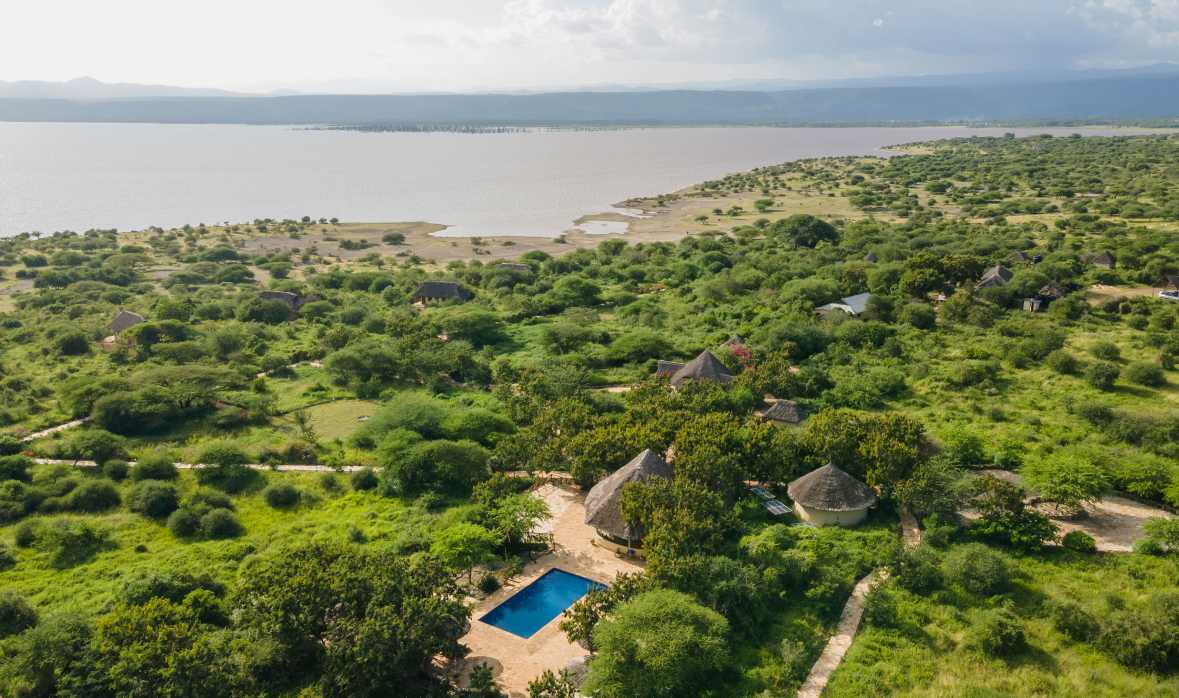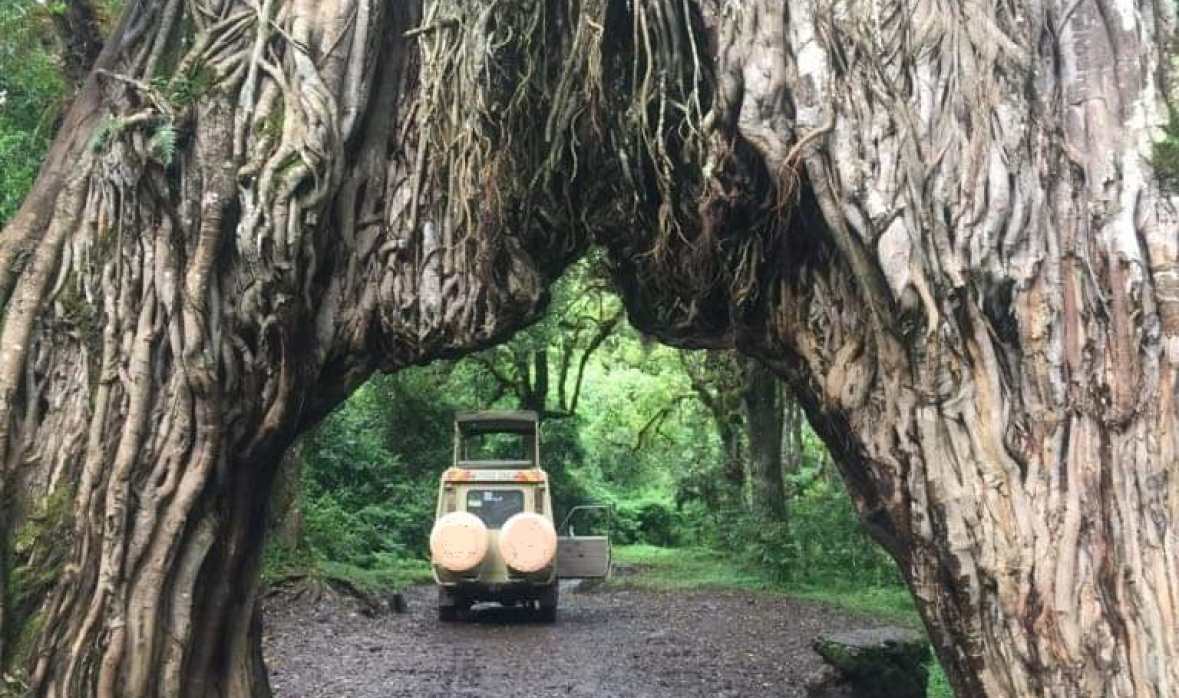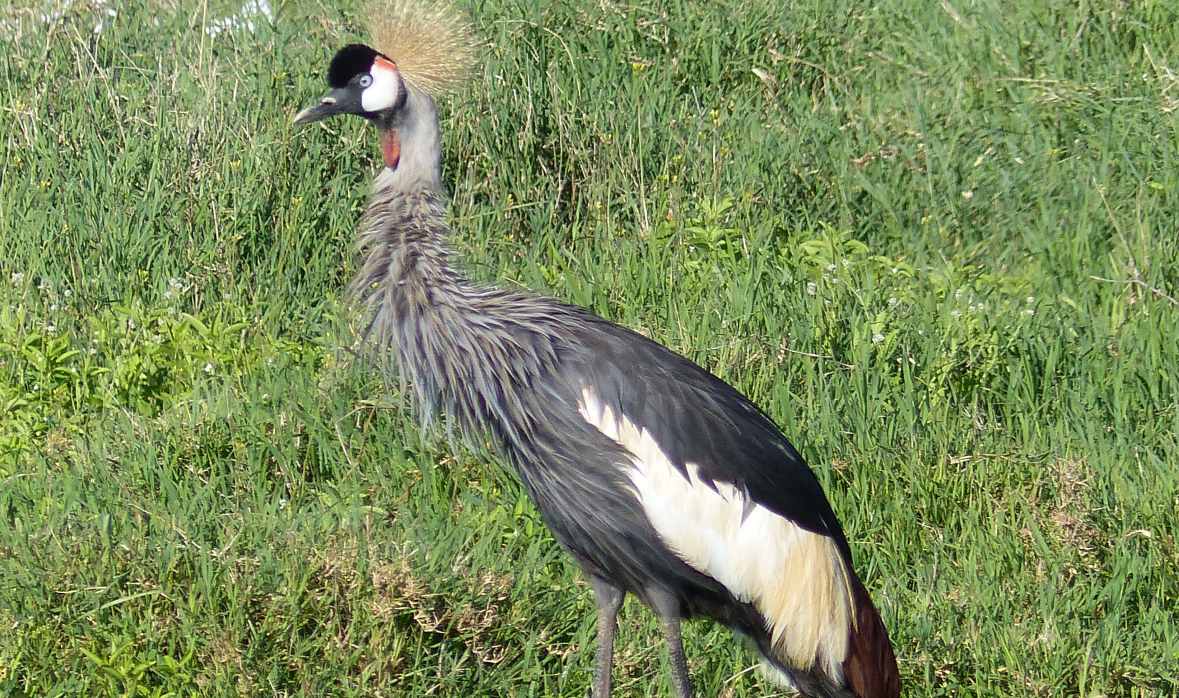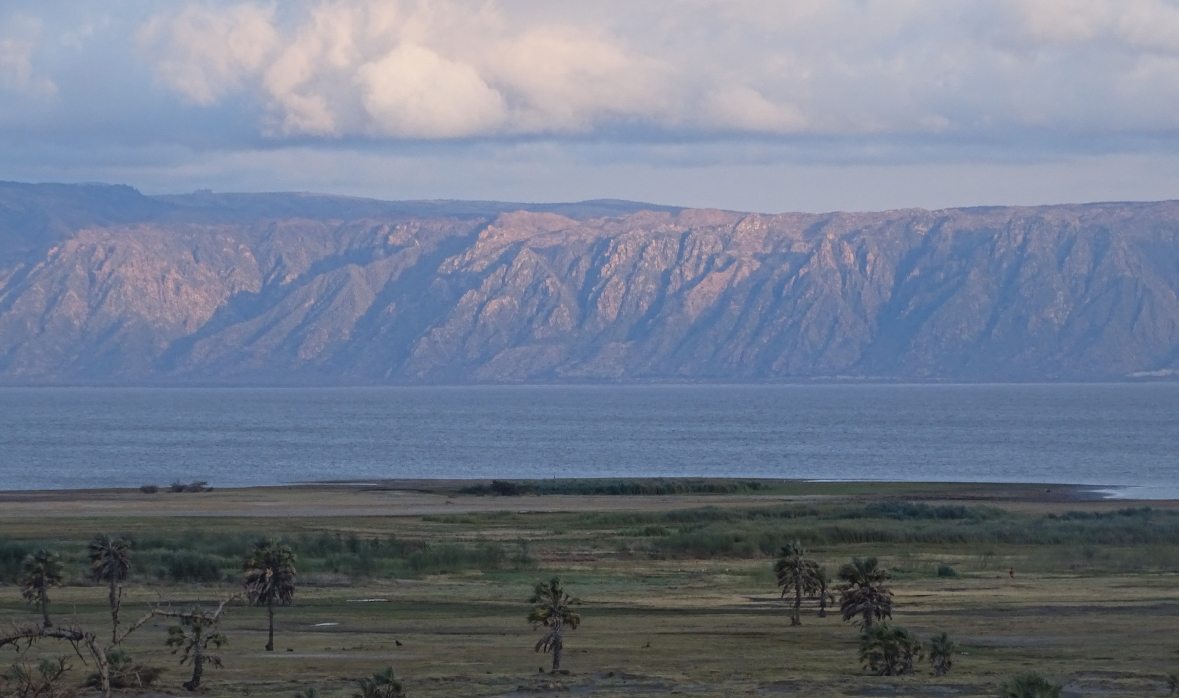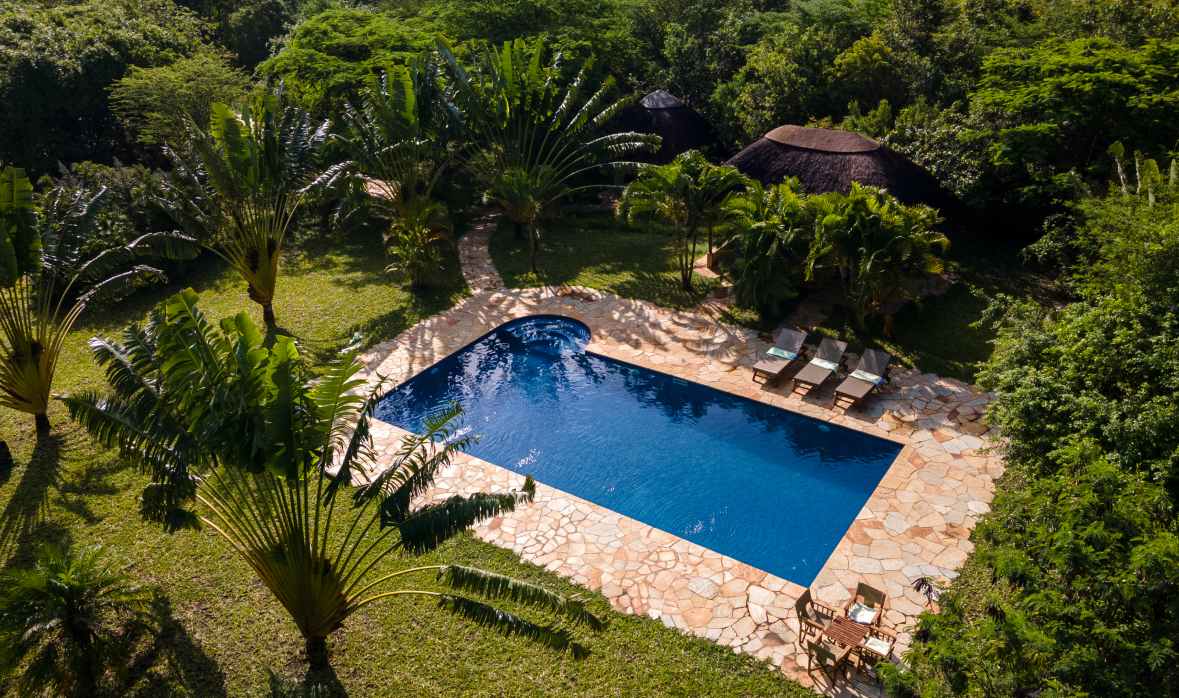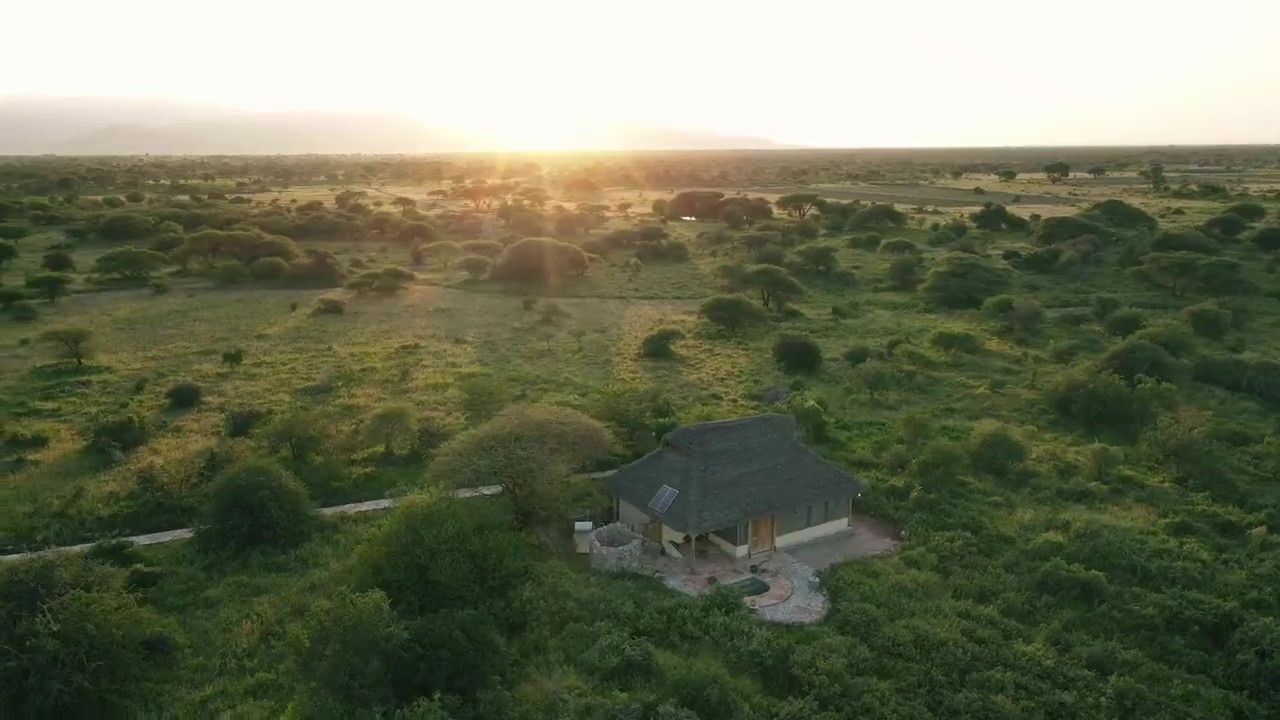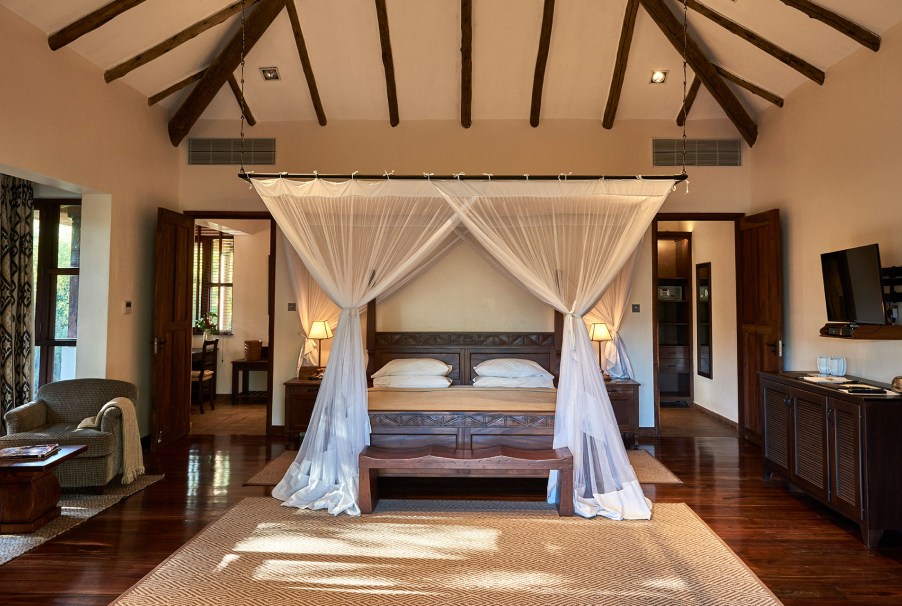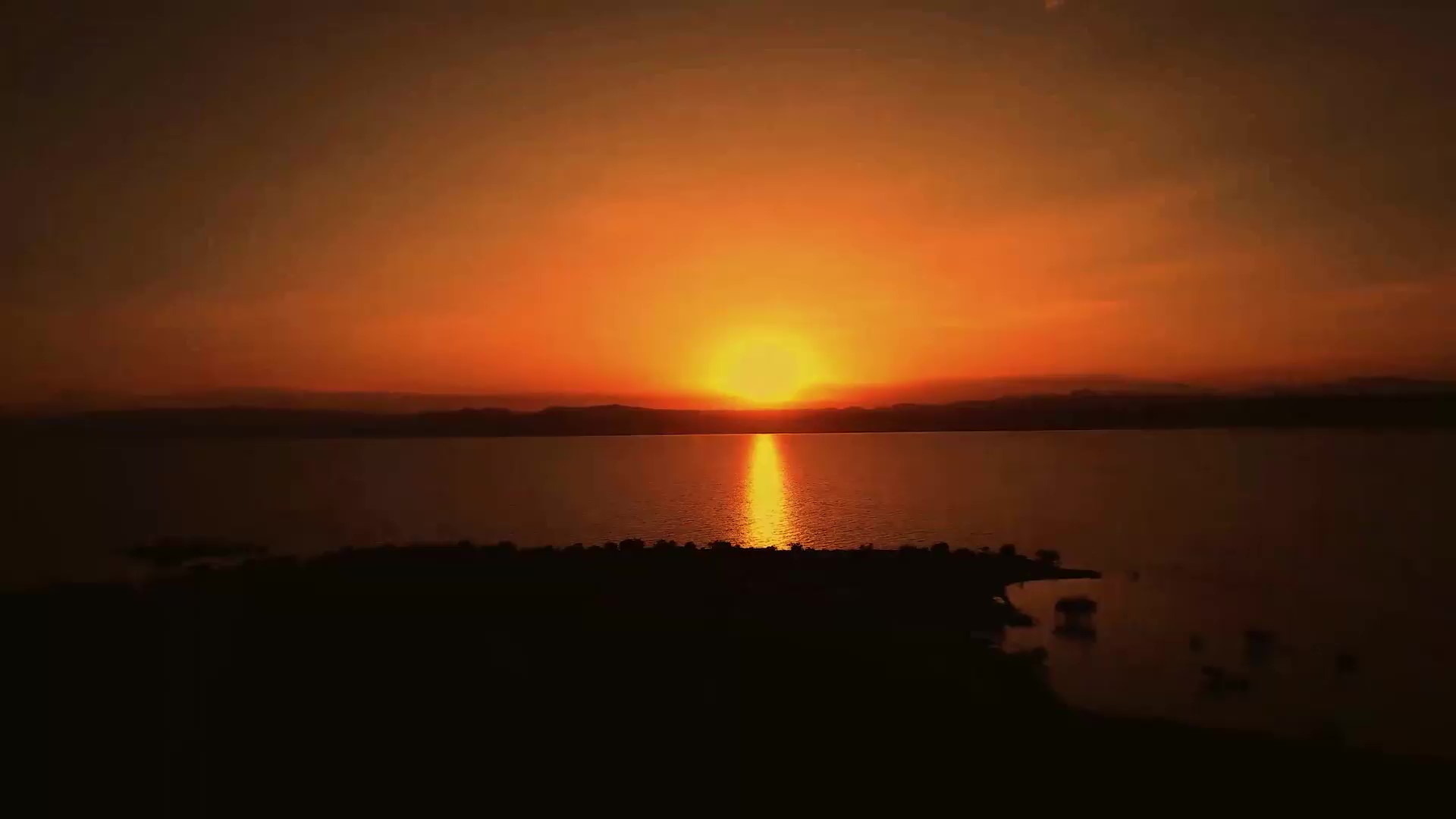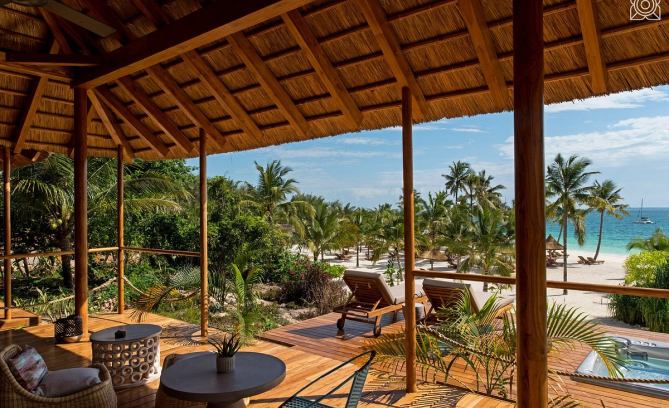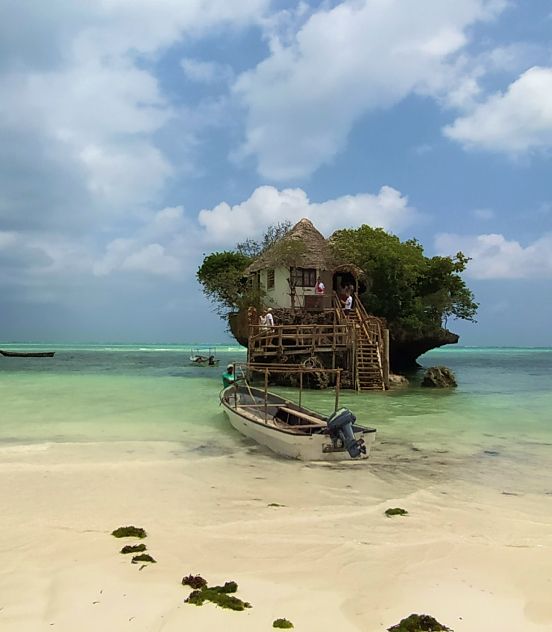Birdwatching Safari
Follow our ornithologist guides. Observe over 1,100 bird species and enjoy photographic safaris along the major lakes in northern Tanzania.
Overview
This tour is specially designed for birdwatchers. A bird watching safari in Tanzania will enable you to discover more than 1,100 species of bird recorded to date in the north of the country, offering a unique experience at the heart of Tanzania's biodiversity.
All year
7 days
No minimum age
Flying wildlife
More than 1100 species of birds have been recorded in Tanzania.
This birdwatching safari will delight bird enthusiasts with the discovery of endemic species and numerous Eurasian migrants. On the lakes, you can observe a variety of aquatic birds, in a festival of song and colour.
On this trip, discover Lake Manyara in the Rift Valley. Lake Eyasi on the land of the Hazabés. But also the small Lake Momella in Arusha Park and Lake Magadi in the Ngorongoro Crater. These places attract large numbers of birds.
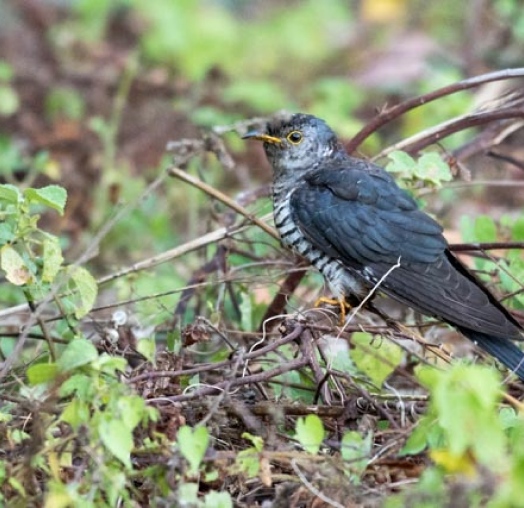
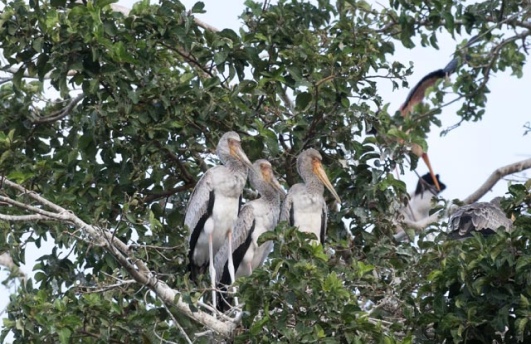
Your highlights
BIRDS
There are many birds in Tanzania, and some species are endemic.
3 PARKS
You will have the opportunity to visit 3 of the main parks in northern Tanzania: Manyara, Tarangire and Ngorongoro.
THE LAKES
On the lakes, observe the aquatic birds: Manyara, Eyasi, Momella.
MEETINGS
On this trip, you'll have the chance to meet the different ethnic groups that live together in Tanzania. The country has more than 120 different ethnic groups.
Itinerary
details
Browse through our tour and contact us to tailor it to your travel needs.
Day 1: Arusha
Welcome to Tanzania! The ideal destination for safari lovers. You will be met by our team on arrival at Kilimanjaro Airport and transferred to your hotel.
Villa in the Arusha region
Private car
Day 2: Arusha Park Safari
Meet your English-speaking guide in the morning. Settle into your private 4×4 vehicle, which will be yours for the duration of your stay. Full day of safari in Arusha National Park. Arusha National Park comprises 3 well-defined areas: the 7 Momella lakes, the Ngurdoto crater and Mount Meru, Africa's 4th highest peak at 4,566 metres.
Villa in the Arusha region
private car
Day 3: Tarangire Park safari
Full day of safari in Tarangire National Park. Picnic lunch inside the park. Created in 1970, Tarangire National Park is now considered one of the country's finest wildlife sanctuaries. You'll come across a large number of elephants among the baobab forests.
Oremiti Lodge
Private 4x4 vehicle
Day 4: Manyara Park safari
In the morning, enjoy a game drive in Manyara National Park. Will you be lucky enough to see the lions in the trees? Drive to the shores of Lake Eyasi. Walk towards Lake Eyasi at sunset. Lake Eyasi is one of the many lakes in the Great Rift Valley.
Lake Eyasi Lodge
Private 4x4 vehicle
Day 5: Lake Eyasi
Early in the morning, we set off to accompany the Hadzabe people on a hunting trip (with bows and arrows). The Hadzabe are the last hunter-gatherer people in Africa. They have lived near Lake Eyasi for almost 40,000 years. Breakfast after the hunt. Then a walk in the surrounding area through onion fields and other plantations. You will also have the opportunity to meet the Datoga people, farmers and craftsmen. In the afternoon, drive to the town of Karatu at the foot of the Ngorongoro Conservation Area.
Karatu Lodge
Private 4x4 vehicle
Day 6: Ngorongoro Crater Safari
Depart in the morning for the Ngorongoro Crater, a veritable paradise of Eden, for a day's safari with a picnic lunch in the crater at midday. You may be lucky enough to spot the Big 5.
The crater is a UNESCO World Heritage Site. It contains fresh and salt water, savannah and forest, and is home to around 100 animals per km².
Oremiti Lodge
Private 4x4 vehicle
Day 7: Arusha or Zanzibar
Leave the lodge in the morning for Arusha town or Kilimanjaro airport. It is possible to continue this trip with an internal flight to the island of Zanzibar.
Private 4x4 vehicle
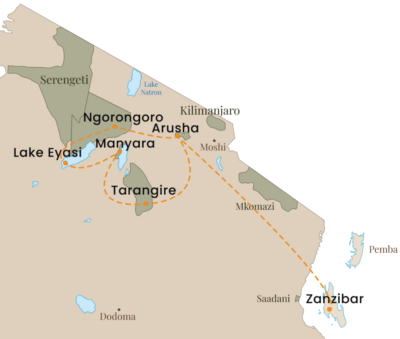
Our added value:
A tailor-made experience
An extra day? This itinerary can be modified according to your wishes, your availability and your budget. Our travel designers are on hand to help you build the safari of your dreams.
More information
Oremiti Lodge
Oremiti Lodge is a charming retreat on the shores of Lake Manyara. The lush vegetation, the diversity of birds and butterflies, the sunset and the view of the Rift Valley from the swimming pool are simply unforgettable!
- Room for up to 6 people
- Pool facing the Rift Valley
- Several dining areas
- Lodge on a more intimate scale
- View of Lake Manyara
Meru Villas
This is your home away from home! Meru Villas consists of 2 villas with 3 and 4 bedrooms, set in a beautiful garden with a swimming pool. Between the international airport and the town of Arusha, it's a beautiful place to recharge your batteries in peace and quiet. You can admire the view of Mount Meru, Tanzania's 2nd highest peak and Africa's 4th highest.
- 7 rooms in total
- Swimming pool in a magnificent garden
- View of Mount Meru
- Massage service
- Head chef
The price of a safari in Tanzania depends on the number of participants, since certain costs, such as the vehicle, are shared.
The season is also important, and there is a significant difference in price between high and low season.
We invoice in US Dollars, so please be aware of the conversion rate.
The season is also important, and there is a significant difference in price between high and low season.
We invoice in Dollars US, so please be aware of the conversion rate.
This trip starts at US$2,500 per person for 2 participants in a double room, during the low season.
THE PRICE INCLUDES
- Full service from day 1 to departure transfer
- The entire safari in a private 4×4 Toyota Land Cruiser or Nissan vehicle equipped with radio, water cooler, fridge and sunroof, with a English-speaking guide.
- Full board basis for meals
- Government park entrance fees
- Our assistance throughout your stay
THE PRICE DOES NOT INCLUDE
- Flights
- Visa fees
- Insurance
At the end of this tour, you can take a domestic flight from Arusha to the island of Zanzibar. This trip pairs perfectly with a few days at the beach to complete your discovery of Tanzania.
Want to discover more? Add 2 or 3 days in Serengeti National Park’.
Frequently Asked Questions


How do I book?
Step 1
Choose a trip that inspires you from our catalog
Step 2
Contact us by requesting a quote on our website
Step 3
Personalize your experience with our travel designers
Step 4
Confirm your reservation and start packing!

